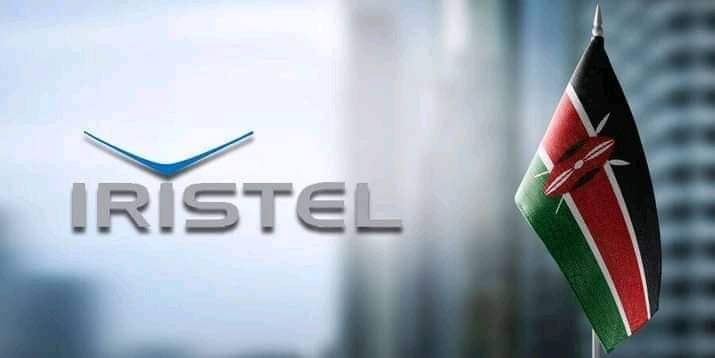
- Kenya is set to have another major player in its telecommunications market.
- Canadian-based telecom Iristel is making its push in Kenya.
- This is following a legal battle between Iristel and Safricom.
Canadian Telecommunications company Iristel is making an entry into the Kenya telecom market after going head to head with the majority telecom market shareholder in Kenya, Safricom.
Safricom has so far dominated the telecommunications market in East Africa’s most tech savvy country. Kenya, which can be categorized as a fast emerging market records one of the highest internet penetrations in Africa, at 42% and counting.
This makes Kenya a gold mine for companies that can provide wireless communication.
Iristel is well aware of this fact, hence its decision to fully venture into Kenya, after operating under Kenya’s major telecom player Safricom. The company’s entry into Kenya was legally contested by Safricom.
Safricom’s rationale behind the legal battle hinged on allegations that Iristel Kenya will engage in SIM boxing which is a threat to national security.
However, following this debacle, Iristel will now provide services for internet-based calls through Safaricom’s network.
According to the Star, a news publication in Kenya, “Iristel’s voice service offers an expansive, facilities-based local telephone number coverage and inbound voice origination service that enables over-the-top (OTT) and voice service providers the ability to offer innovative voice and messaging (SMS) services to their business or consumer end users.
This wholesale service aggregates all calls to Iristel-managed telephone numbers and hands it off to a single or multiple customer IP addresses. Iristel customers use this service to deploy next-gen primary line voice services to consumers, augment their toll-free numbers with more cost-effective local numbers that also provide a local touch or create new mobile or OTT-based applications for consumers.”
The CEO of Iristel Samer Bishay, stated, “for this initial rollout of our global expansion, we will provide the capability to purchase Session Initiation Protocol (SIP) trunks, which can be aggregated with our onnet footprint, and Decentralized Identifiers (DIDs).”
Read Full Story























Facebook
Twitter
Pinterest
Instagram
Google+
YouTube
LinkedIn
RSS